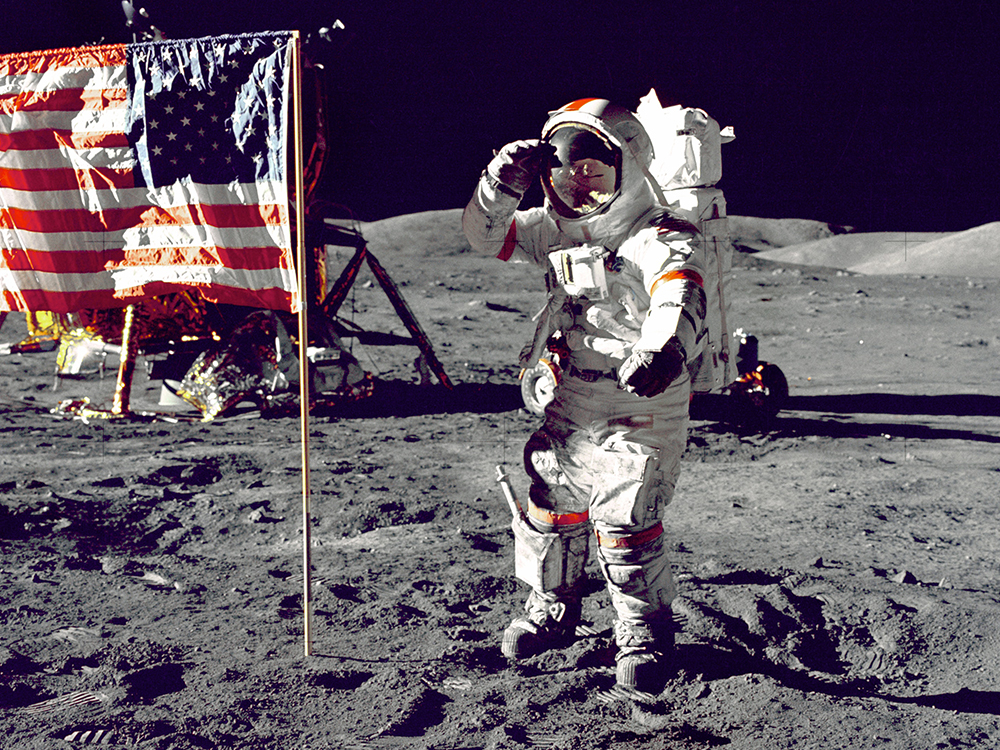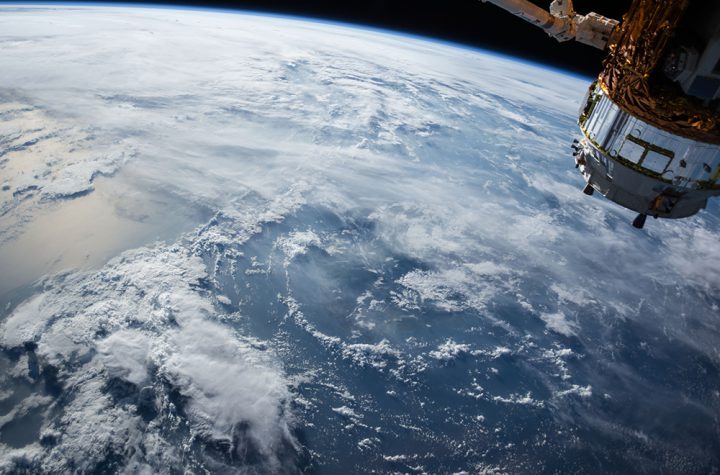
DAVOS, SwitzerlandEuropean politicians said they are prepared to defend themselves and would retaliate against any American tariffs, after President Trump set his sights on the continent as the next front in his global fight over trade.With a first-phase China deal in his pocket, Mr. Trump said he wants to reach an agreement with the European Union before the U.S. presidential election, and threatened to levy tariffs if talks failed.Theyre going to make a deal, because they have to. They have to, Mr. Trump said in a television interview on the sidelines of the World Economic Forum here. They have no choice.Frances finance minister,
Bruno Le Maire,
who was also making the rounds at Davos, quickly shot back. If we were to be hit by American tariffs, we would have no choice but to retaliate, he told The Wall Street Journal.
Mr. Le Maire said the EU had already shown itself prepared to retaliate when the U.S. imposed tariffs on European steel. A trade war between U.S. and Europe would be a full political and economic failure, he said.
In many ways, Europe is less vulnerable to U.S. levies than China. The U.S. exports three times more to the EU than it does to China, giving Europe plenty of targets for retaliation.
In the U.S., Europes trade policies arent viewed as negatively as Chinas. And Western Europe, unlike China, is a strategic ally of the U.S. That could leave Mr. Trump with less domestic backing for a trans-Atlantic trade warif it came to thatthan he had when he took on China.
A protracted dispute could inflict pain on both sides. European economic growth is stagnating, making it more vulnerable to tariffs. European levies on U.S. goods could cause political trouble for Mr. Trump during his campaign.
Markets, repeatedly roiled by developments in the trade war with China, now face the risk of a repeat.
This is probably the biggest trade-related risk for 2020,
Andy Laperriere,
a policy analyst at Cornerstone Macro, wrote on Wednesday.
Share Your Thoughts
What do you think will be the biggest challenge the Trump administration might face in trade talks with European leaders? Join the conversation below.
Mr. Trump also turned his attention to another bugbear: The World Trade Organization, which he says operates in ways that disadvantage the U.S. After a meeting with WTO Director-General Roberto Azevêdo, Mr. Trump said he had discussed the need for dramatic reforms to the rules of global trade. The U.S. has already effectively blocked the WTOs enforcement mechanisms.
Mr. Azevêdo, who is to visit Washington in coming weeks, told reporters that the body needed to be revamped. But it isnt clear that the two men have the same thing in mind.
On Europe, Mr. Trump has repeatedly criticized the big trade surpluses that the EU runs with the U.S. Census figures show a U.S. trade deficit for goods with the EU of $162.6 billion in 2019.
Mr. Trump said he had a great talk with
Ursula von der Leyen,
the new president of the European Commission, while in Davos. But I said, look, if we dont get something, Im going to have to take action, and the action will be a very high tariff on their cars and other things that come into our country, he told CNBC.
Mrs. Von der Leyen, who is also set to visit Washington in coming weeks, said after meeting Mr. Trump: I am convinced that we can engage in a positive U.S.-EU agenda in trade, as well as on technology, energy and much more besides.
Mr. Le Maire, the French minister, said in the Journal interview that Europe was much more willing to deal with challenges strategically than in the past.
In one or two years, Europe has changed. It isnt as naive as it used to be…. Europe is becoming more independent and more aware of its strategic interests and economic interests, he said.
He said it would be better for the U.S. and Europe to work together to deal with unfair Chinese trade practices in areas relating to intellectual property, market access and state aid.
Mr. Trump has demonstrated that tariffs, even against traditional allies, represent a weapon of choice. This week, the French governmentfacing U.S. tariffs on wine and other exports to the U.S.said it would delay collection of a tax on digital companies until the end of the year, pending an international agreement on the issue.
Securing a trade deal with the EU in an election year would be a huge challenge for Mr. Trump, and a decision to levy new tariffs would be a risk. In 2003, after the administration of
George W. Bush
levied tariffs on European steel, the Europeans responded with threats of tariffs on orange juicetargeted at the electoral swing state of Florida. President Bush reversed the tariffs.
Still, it isnt a battle that the EU would choose to fight with its export-oriented manufacturing sectorand in particular its important automobile industry. The industry is already facing big challenges from changing consumer habits, including a growing aversion to diesel cars and a shift in markets like China toward electric vehicles.
The regions growth is tentative. On Monday, the International Monetary Fund cut its 2020 forecast for the eurozone by 0.1 percentage point to 1.3%. It grew 1.2% in 2019.
Write to Stephen Fidler at stephen.fidler@wsj.com and Greg Ip at greg.ip@wsj.com
Copyright ©2019 Dow Jones & Company, Inc. All Rights Reserved. 87990cbe856818d5eddac44c7b1cdeb8





More Stories
Justice Rajiv Shakdher also asked the media houses AGR Outlier Media Pvt Ltd. and Bennett Coleman and Company Ltd. to ensure that no defamatory content is uploaded on social media platforms or displayed on their channels.
Two people have become the first passengers on a Hyperloop, a technology considered to be the future of high-speed ground transport.